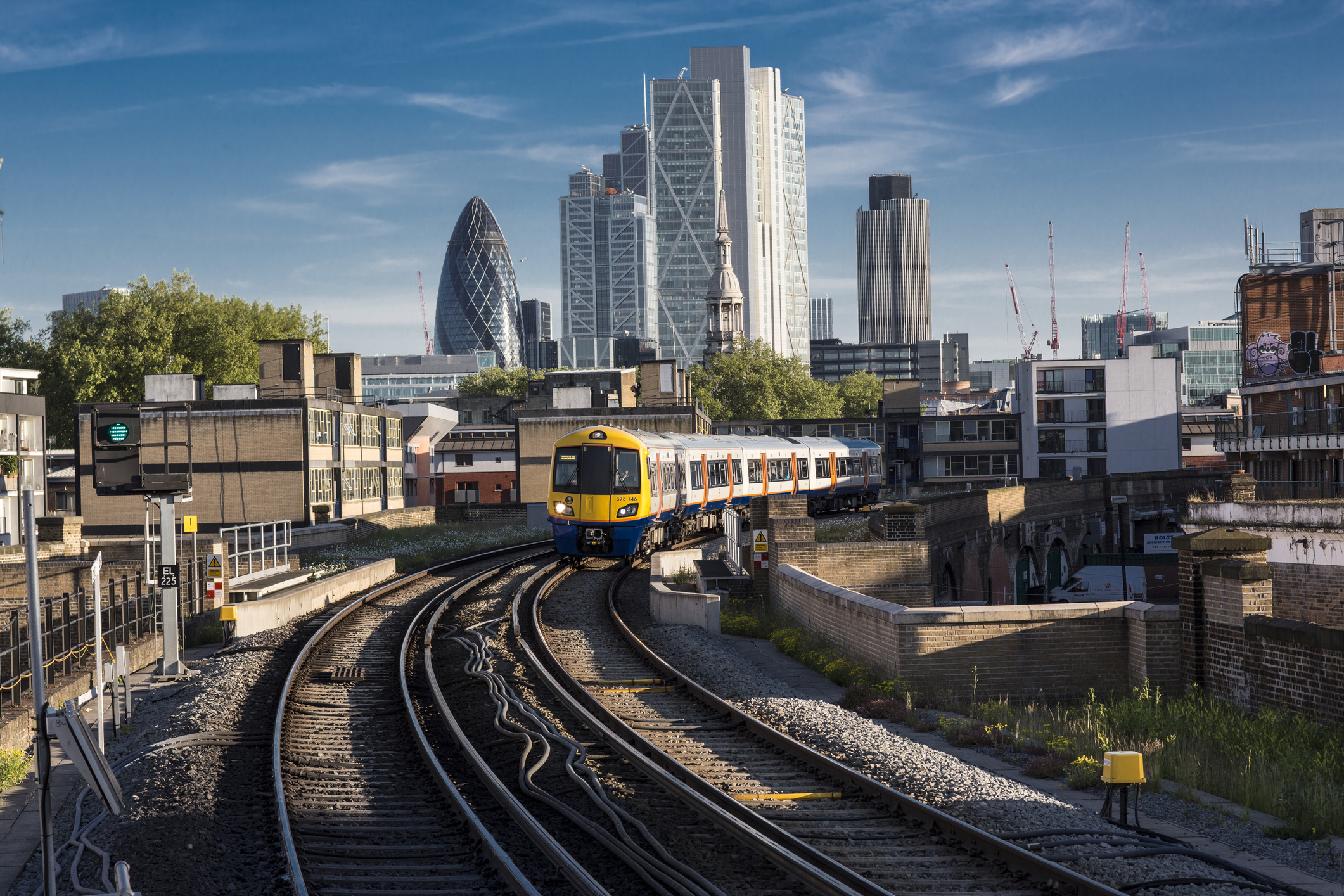
Get the latest financial news, insights and expert analysis from our award-winning MoneyWeek team, to help you understand what really matters when it comes to your finances.
You are now subscribed
Your newsletter sign-up was successful
Want to add more newsletters?

Twice daily
MoneyWeek
Get the latest financial news, insights and expert analysis from our award-winning MoneyWeek team, to help you understand what really matters when it comes to your finances.

Four times a week
Look After My Bills
Sign up to our free money-saving newsletter, filled with the latest news and expert advice to help you find the best tips and deals for managing your bills. Start saving today!
As value investors, we believe that the average market participant overreacts to short-term news – often related to earnings – which often has little or no impact on the long-run intrinsic value of the underlying business. We have also historically found underpriced securities in sectors deemed “uninvestable”. Many investors are still scared of banks thanks to the 2008 crisis, or avoid airlines because of the industry’s poor long-term record. If large parts of the market are unwilling to look at a particular industry regardless of valuation, then we are more likely to find mispriced securities.
Bargain British stocks to invest in
The tide went out for Standard Chartered (LSE: STAN) in 2014-2015 following the global commodities bust. The price/book value fell from three to 0.5. This led to a new (ex-JPMorgan) CEO, Bill Winters, and a long process of ridding the bank of bad loans, changing the underwriting culture and streamlining the sectors and countries the group operated in.
Today the company generates two-thirds of its profits from corporate, commercial and institutional banking and one-third from consumer, private and business banking. Over 80% of profits are generated in Asia, and the remainder in Africa and the Middle East. The bank is now sensibly run and the results have followed.
MoneyWeek
Subscribe to MoneyWeek today and get your first six magazine issues absolutely FREE

Sign up to Money Morning
Don't miss the latest investment and personal finances news, market analysis, plus money-saving tips with our free twice-daily newsletter
Don't miss the latest investment and personal finances news, market analysis, plus money-saving tips with our free twice-daily newsletter
Return on equity last year was 10% and management’s goal is to reach 12% by 2026. The tier-1 capital ratio is now nearly 14%. The board is targeting net interest and other income growth of 5%-7% per annum, which they beat handily last year but would consider a healthy rate of longer-term growth. Despite all this progress, the stock trades at less than 0.7 times tangible book value.
International Airlines Group (LSE: IAG), the owner of British Airways, is one of the largest airline groups in the world and one of the “big three” European aviation operators. It operates in the passenger airlines, cargo and loyalty businesses; and it has a particularly strong foothold in the profitable transatlantic market. With its partner, American Airlines, IAG commands a 58% market share of traffic between Heathrow and the US.
Given the quality of the management team alongside the reinforced balance sheet, we view the company’s valuation as highly attractive. IAG has delivered impressive and growing profitability over the past decade, except in the Covid years. The shares trade on six times earnings and a free cash flow yield of over 10%. IAG has previously shown a willingness to return capital to shareholders, paying out 40% of today’s market value in dividends and buybacks in the five years to 2020. The company has just reinstated its dividend.
M&S is back in fashion
Marks & Spencer’s (LSE: MKS) fortunes have waxed and waned in the last two decades. They finally changed for the better in 2017 when Archie Norman was appointed chair. He had already turned around Asda. At M&S he replaced 50% of the senior management; remade the store portfolio, with brighter stores in better locations; and updated the clothing lines for modern and younger customers.
In food, the board kept the premium positioning but broadened the offering to suit a weekly shop. After years of neglect of the online arm, the board crafted a digital strategy that has made M&S one of the top online retailers in the UK. They took out about £300 million in annual operating costs at the same time.
These efforts started to bear fruit in 2023, when the group started taking market share in food, and clothing and profits exceeded forecasts. The stock has bounced from £1 to over £4 in two years but we think it is still undervalued relative to its long-run earnings potential.
This article was first published in MoneyWeek's magazine. Enjoy exclusive early access to news, opinion and analysis from our team of financial experts with a MoneyWeek subscription
Get the latest financial news, insights and expert analysis from our award-winning MoneyWeek team, to help you understand what really matters when it comes to your finances.

-
 Can mining stocks deliver golden gains?
Can mining stocks deliver golden gains?With gold and silver prices having outperformed the stock markets last year, mining stocks can be an effective, if volatile, means of gaining exposure
-
 8 ways the ‘sandwich generation’ can protect wealth
8 ways the ‘sandwich generation’ can protect wealthPeople squeezed between caring for ageing parents and adult children or younger grandchildren – known as the ‘sandwich generation’ – are at risk of neglecting their own financial planning. Here’s how to protect yourself and your loved ones’ wealth.
-
 Three key winners from the AI boom and beyond
Three key winners from the AI boom and beyondJames Harries of the Trojan Global Income Fund picks three promising stocks that transcend the hype of the AI boom
-
 RTX Corporation is a strong player in a growth market
RTX Corporation is a strong player in a growth marketRTX Corporation’s order backlog means investors can look forward to years of rising profits
-
 Profit from MSCI – the backbone of finance
Profit from MSCI – the backbone of financeAs an index provider, MSCI is a key part of the global financial system. Its shares look cheap
-
 'AI is the real deal – it will change our world in more ways than we can imagine'
'AI is the real deal – it will change our world in more ways than we can imagine'Interview Rob Arnott of Research Affiliates talks to Andrew Van Sickle about the AI bubble, the impact of tariffs on inflation and the outlook for gold and China
-
 Should investors join the rush for venture-capital trusts?
Should investors join the rush for venture-capital trusts?Opinion Investors hoping to buy into venture-capital trusts before the end of the tax year may need to move quickly, says David Prosser
-
 Food and drinks giants seek an image makeover – here's what they're doing
Food and drinks giants seek an image makeover – here's what they're doingThe global food and drink industry is having to change pace to retain its famous appeal for defensive investors. Who will be the winners?
-
 Barings Emerging Europe trust bounces back from Russia woes
Barings Emerging Europe trust bounces back from Russia woesBarings Emerging Europe trust has added the Middle East and Africa to its mandate, delivering a strong recovery, says Max King
-
 How a dovish Federal Reserve could affect you
How a dovish Federal Reserve could affect youTrump’s pick for the US Federal Reserve is not so much of a yes-man as his rival, but interest rates will still come down quickly, says Cris Sholto Heaton
